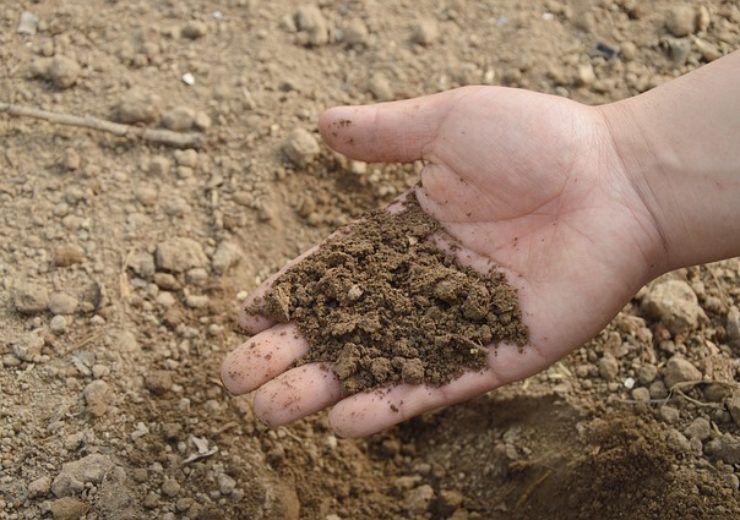The open-source technology ecosystem is expected to deliver the best possible knowledge to the farmers for the improvement of soil health

Image: OpenTEAM will address soil health and mitigate climate change. Photo: courtesy of Jing from Pixabay.
Wolfe’s Neck Center for Agriculture & the Environment, along with founding collaborators, has launched OpenTEAM or Open Technology Ecosystem for Agricultural Management.
Other founding collaborators include Stonyfield Organic, the USDA’s LandPKS project and Foundation for Food and Agriculture (FFAR).
OpenTEAM is claimed to be the world’s first open-source technology ecosystem for the protection of soil health and controlling of climate change.
OpenTEAM farmer-driven interoperable platform
OpenTEAM, which is a farmer-driven interoperable platform, is expected to deliver quantitative feedback on millions of acres of farmland by 2024.
The open-source technology ecosystem is expected to deliver the best possible knowledge to the farmers for the improvement of soil health.
The platform enables farmers to enter data once to access all available tools in the OpenTEAM collaborative, in addition to controlling their own data.
OpenTEAM provides field-level carbon measurement, digital management records, remote sensing, predictive analytics and input and economic management decision support in a connected platform, helping farmers to reduce data entry and improve access to a wide array of tools.
The platform will reinforce adaptive soil health management for farms of all scales, geographies and production systems. It will also help in advancing scientific understanding of soil health by offering quality data to researchers collaborating on the project.
Over one dozen organisations, including General Mills, Applied GeoSolutions and DNDC Applications, have supported to develop, fund and implement OpenTEAM.
Wolfe’s Neck Center will organise OpenTEAM from its headquarters on over 600 acres of conserved landscape and farmland on the coast of Maine in the US.
Implementation and demonstration of the platform will start in fall of this year, while field testing will continue in the 2020 growing season across the US and international hub farm networks.
Over $10m (£8.2m) public-private collaboration is supported by a $5m (£4.1m) grant from The Foundation for Food and Agriculture Research (FFAR). More than $5m (£4.1m) matching contributions are gathered from across the network.
FFAR executive director Sally Rockey said: “Optimising soil management practices not only improves soil health, but also protects the environment.”
